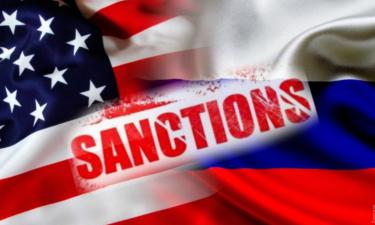European Union ambassador urges compromise in Montenegro on independence referendum
A European Union envoy on Thursday urged Montenegro's rival camps to reach a compromise on a set of rules for a referendum on independence. Miroslav Lajcak, the Slovak diplomat sent by the EU to mediate in the dispute, said after meeting pro-independence government leaders and pro-Serbian opposition officials that a compromise was needed. "We are now entering a crucial phase of the negotiations which will show ... if either side is ready for a compromise," Lajcak said, adding that he was "a cautious optimist" despite "a substantial distance" between the two sides. Montenegro is deeply divided over whether the tiny Adriatic republic should become an independent state or remain in the Serbia-Montenegro union that replaced the crumbling Yugoslavia.
Prime Minister Milo Djukanovic's government is planning to hold a referendum on the issue in April.
The opposition says at least 50 percent of eligible voters would have to chose independence before the union with much larger Serbia could be abandoned.
Djukanovic and his allies say that a majority of those who turn out to vote would be enough, even if that represents only 25 percent to 40 percent of registered voters.
There are 440,000 registered voters in the republic of 650,000 people. Recent polls showed 41.4 percent in favor of independence, 32.3 opposed and about 25 percent undecided.
Montenegro's parliament is to convene Feb. 7 to set an official date for the referendum. A failure to agree on terms for holding the plebiscite could lead to a boycott by those opposed to independence.
Montenegro was the only republic that stayed together with Serbia after the violent breakup of Yugoslavia in 1991. But their relations have deteriorated over the years, and the European Union brokered a deal in 2003 that created Serbia-Montenegro as a union of two nearly independent states sharing only a small central administration.
There are fears among some Western leaders that if the referendum is held without a compromise among Montenegro's bickering factions, violence could erupt reminiscent to the bloody breakup of former Yugoslavia in the 1990s, reports the AP.
D.M.
Subscribe to Pravda.Ru Telegram channel, Facebook, RSS!





